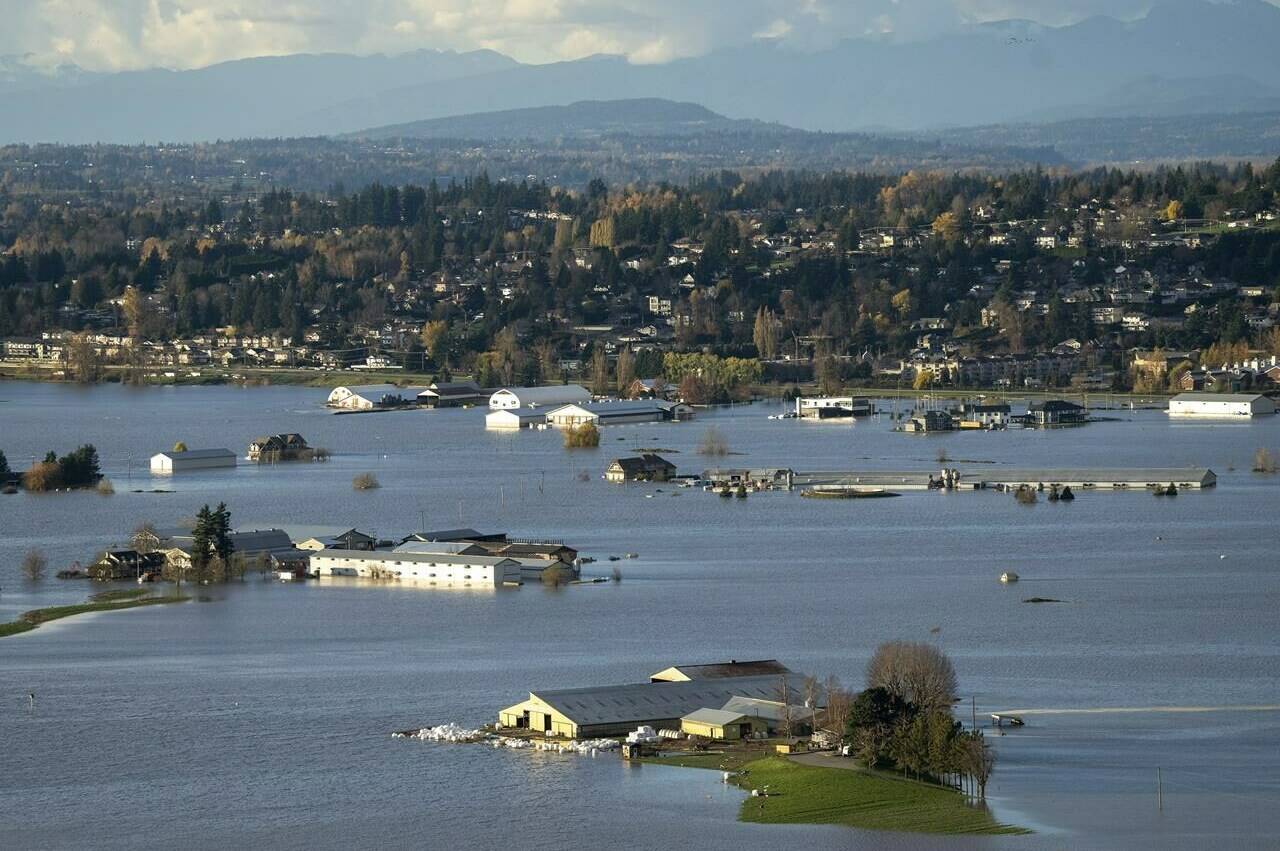If needed, the Cariboo Regional District (CRD) will accept animal carcasses from the aftermath of the flooding in B.C. at its district landfill at Gibraltar Mine north of Williams Lake.
Earlier this week B.C.’s minister of agriculture Lana Popham confirmed 1,000s of animals, livestock have perished.
READ MORE: Thousands of animals, livestock have perished in B.C.’s historic flooding: Agriculture Minister
During its regular meeting Friday, Nov. 19, the board learned the CRD received an e-mail request from another regional district.
Normally the CRD does not accept waste from other regional districts, but can make a provision, said chief administrative officer John MacLean.
“In further conversation it looks like they are very much looking for places closer because they don’t want to have to truck the carcasses all the way up here. Our request, if the board is agreeable, is to waive the policy and allow for the import of waste in this particular circumstance,” MacLean said.
“It is only a back-up contingency if they run out of space or if they cannot get to other facilities.”
The CRD’s permit allows the acceptance of up to 15,000 tons of waste a year at the mine site and currently the CRD puts in between 10,000 and 11,000 tons, he noted.
“We do have a limit as to what we could do under our permits, but it is a licensed facility and we can accept this waste. We think it is in the best spirit of us assisting another regional district that is going through some very challenging times.”
When Area D director Steve Forseth asked if it would impact the CRD financially, MacLean said he is not aware of any cost issues that would apply.
“We would be able to cover normal costs,” MacLean said.
Area E director Angie Delainey asked if Atlantic Power Corporation has the ability to burn carcasses to which the city’s alternate director.
City of Williams Lake alternate director Jason Ryll said he though it was worth inquiring about.
“I don’t want to speak for them, but I agree that as an alternative disposal process, it might be something work looking into,” Ryll said.
Responding Area G director Al Richmond said he was concerned about burning the waste [carcasses] at Atlantic Power.
“Given the public outcry on other items, I think while it might be worthwhile investigating, I am not sure in the valley of Williams Lake at this time of year – I’ve lived here I know about the inversions – it might not be well received by residents.”
The board voted unanimously in favour of accepting the request.
READ MORE: Plans underway to remove livestock carcasses after floods recede in B.C.: agriculture minister
news@wltribune.com
Like us on Facebook and follow us on Twitter

